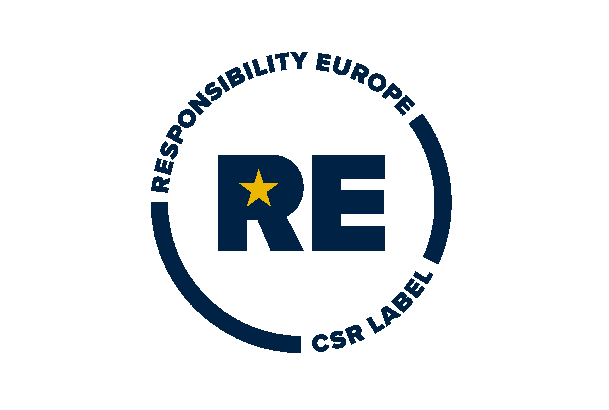
ABOUT THE CLIENT
The University of Luxembourg celebrated its 20th anniversary in 2023. It is an international research university distinguished by its multilingual and interdisciplinary character. It comprises:
3 faculties
– Faculty of Science, Technology and Medicine
– Faculty of Law, Economics and Finance
– Faculty of Humanities, Education and Social Sciences
and 4 interdisciplinary centres
– SNT: Interdisciplinary Centre for Security, Reliability and Trust
– LCSB: Luxembourg Centre for Systems Biomedicine
– C2DH: Luxembourg Centre for Contemporary and Digital History
– The LCEL: Luxembourg Centre for European Law, which is the result of the integration on 1 January 2024 of the Max Planck Institute for International, European and Regulatory Procedural Law (MPI).
THE CONTEXT
The Max Planck Institute Luxembourg (MPI) is one of five Max Planck Institutes outside Germany, and the first to focus on legal issues. It was founded in 2012 and owes its existence to the government of the Grand Duchy of Luxembourg, which funds it entirely.
The government decided to integrate it into the University of Luxembourg to transform it into an interdisciplinary centre, as part of the strategy to develop Luxembourg as a centre of academic excellence and higher education.
Cultural differences between the 2 organisations, as well as tensions within the MPI, meant that the integration had to be accompanied as smoothly as possible.
MINDFOREST'S MISSION
Analysing the situation
at MPI prior to the integration
Co-constructing
the HR support process for MPI employees and the on-boarding process for MPI employees during their integration into the UNI.
Proposing communication measures
during the different phases of the project. and creating a welcome book for new employees (see separate case study).
TOOLS, METHODS & ACTIONS
A cultural analysis of the 2 entities based on the spectrum of F. Laloux's theory of organisations.
Creation of a communication strategy in the form of newsletters for MPI employees and support for internal communication at the University
Creation of a Welcome Book
Organisation of regular working meetings with human resources
Creation of a visual and graphic charter for the project
THE PROJECT OUTCOME
MPI employees were kept well informed throughout the process.
Employees felt welcomed by HR and the university teams.
Every MPI employee found his or her place within the university structure.
THE MAIN SUCCESS FACTORS
PROJECT SPONSOR
An active and visible sponsor throughout the project
A GOOD WORKING RELATIONSHIP
Consultants who were able to establish a good working relationship and interact sympathetically with MPI staff
GOOD COLLABORATION & COMMUNICATION
With the Program Manager enhanced by close collaboration with the University's Human Resources department




